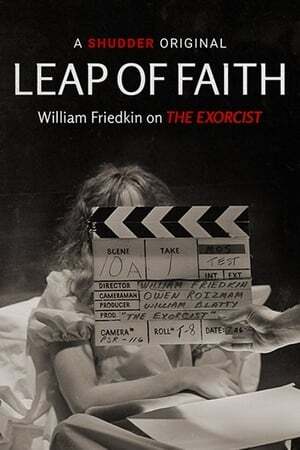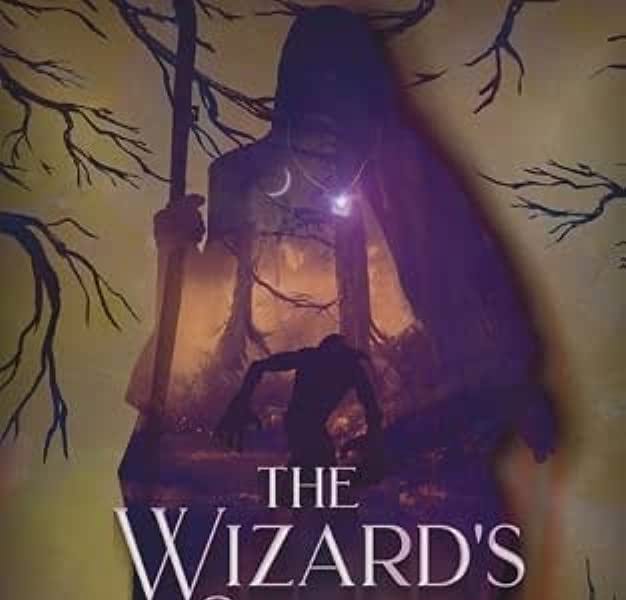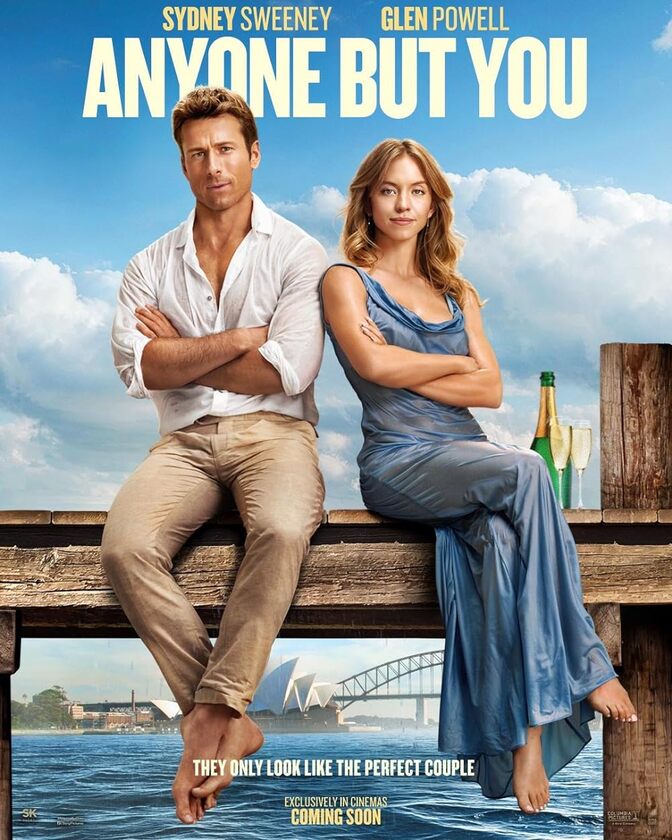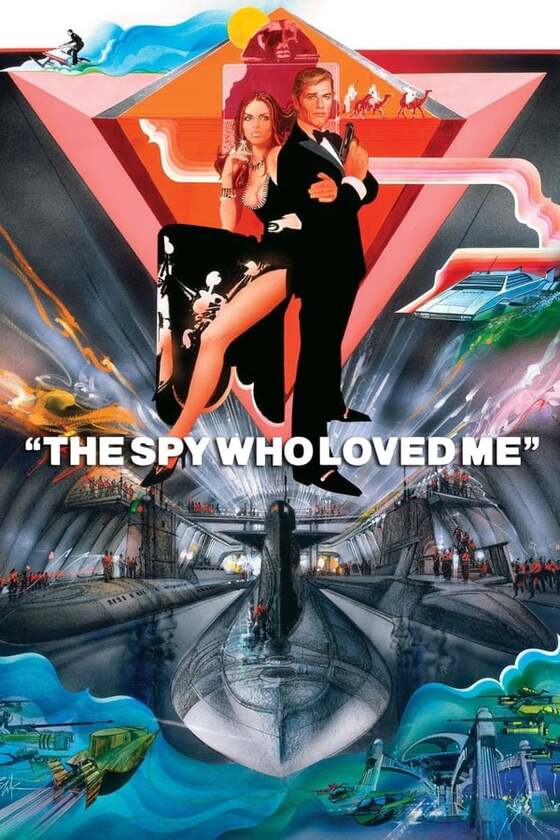Last weekend I signed up for a seven day free trial of the horror streaming service Shudder so that I could see Late Night with the Devil.
That movie has way too much unpack, so I won’t be talking about it right now.
Not really being a horror fan, but not wanting to miss an opportunity, I looked over Shudder’s other offerings. There I found the exclusive 2019 documentary Leap of Faith: William Friedkin on The Exorcist. It’s been at least fifteen years since I watched The Exorcist and it’ll never be a favorite (I’d question anyone who says it is), but I love Hollywood behind the scenes stories. Turns out, Friedkin isn’t just a good storyteller behind the camera.
This is one of the best documentaries I’ve ever seen.
Before getting into the nitty-gritty of the documentary, first I need to talk about the man himself. There’s a legitimate complaint that the majority of filmmakers working in the mainstream right now don’t have any original thoughts or life experience. They’re swept through school and suddenly arrive in writers’ rooms and director’s chairs to pump out the content studio heads demand. If they know anything of classic film, or the source material for the comic books they’re supposed to be adapting, or established history, they’re told to repress it.
Not so with Friedkin.
His depth of knowledge in regard to classic film is Phd level, and he discusses at length why certain motifs work and how they inspired him. But it’s not simply academic knowledge. It’s human. How people think, feel, and are moved is something to which he’s given deep thought. Friedkin is also a student of art and music. Without those inspirations, The Exorcist wouldn’t still resonate today.
And the documentary does him justice.
The documentarian searched out every piece of art, film, and music he references and puts in on screen. Some of them are animated to show how they become part of The Exorcist, and scenes from the movie are used to illustrate where things went right compared to how they nearly went terribly wrong. I would imagine that even people who have studied the movie will see things they never noticed before.
One criticism:
Leap of Faith lost me every time Friedkin started philosophizing. After a certain point, the fact that he’s thought about things ceased to be relevant and his opinions don’t interest me. The point had been made earlier. Thankfully, it doesn’t take up too much time. Nevertheless, he’s an undeniably interesting and thoughtful man, not just a studio hack. Was an interesting and thoughtful man: he passed away last year.
We need more timeless documentaries.
What you may have picked up on by now is that this documentary is about far more than the making of the movie. That's just the gateway to a conversation about art and storytelling, life and creativity. I have no desire to watch the latest political talking points spread out over 90 to 120 minutes. That’s "content" which will be meaningless in a generation or less (probably less). But by starting with art, we’re encouraged to think about the art of living.
That makes Leap of Faith as timeless as The Exorcist.
















